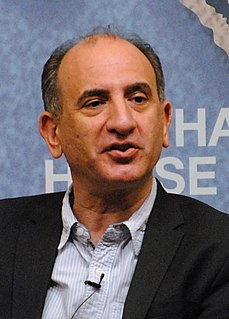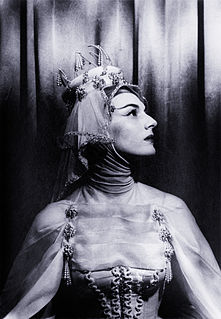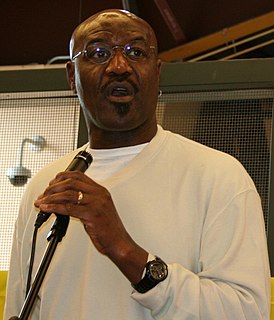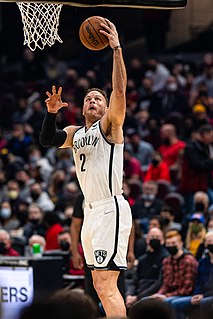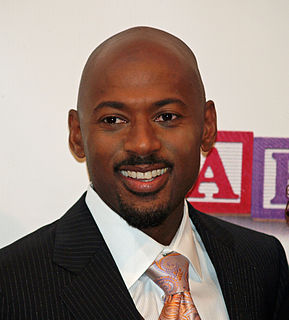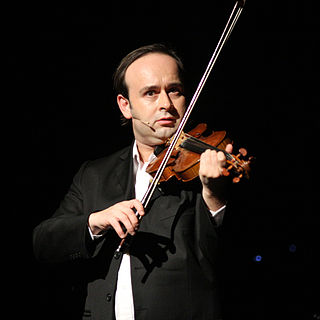A Quote by Trevor Noah
Comedy is a great tool. We [comics] are trying to find ways to use humor to enlighten people without preaching to them.
Related Quotes
I have to say that my background in comedy, of performing live, has been such a great foundation for what we do now on camera. I really value having that kind of experience. Because when you're doing comedy shows you're writing your own material and trying it out on people and you know people find funny and don't.
Any time you add something to your game, you still have to find ways to improve, so I'm still studying the game and trying to find out ways to increase how we use me on the floor. You're not being complacent, not falling back and floating around the perimeter too much, figuring out when to attack. I'm trying to find that balance between attacking and spotting up and things like that.
From the very beginning, I started doing music performances with a lot of theatrical aspects to them, where humor was a part of it but not necessarily had to be. Humor is just another tool to make the palette more rich and interesting for myself and eventually for the public. It's a great way to break out of convention.

